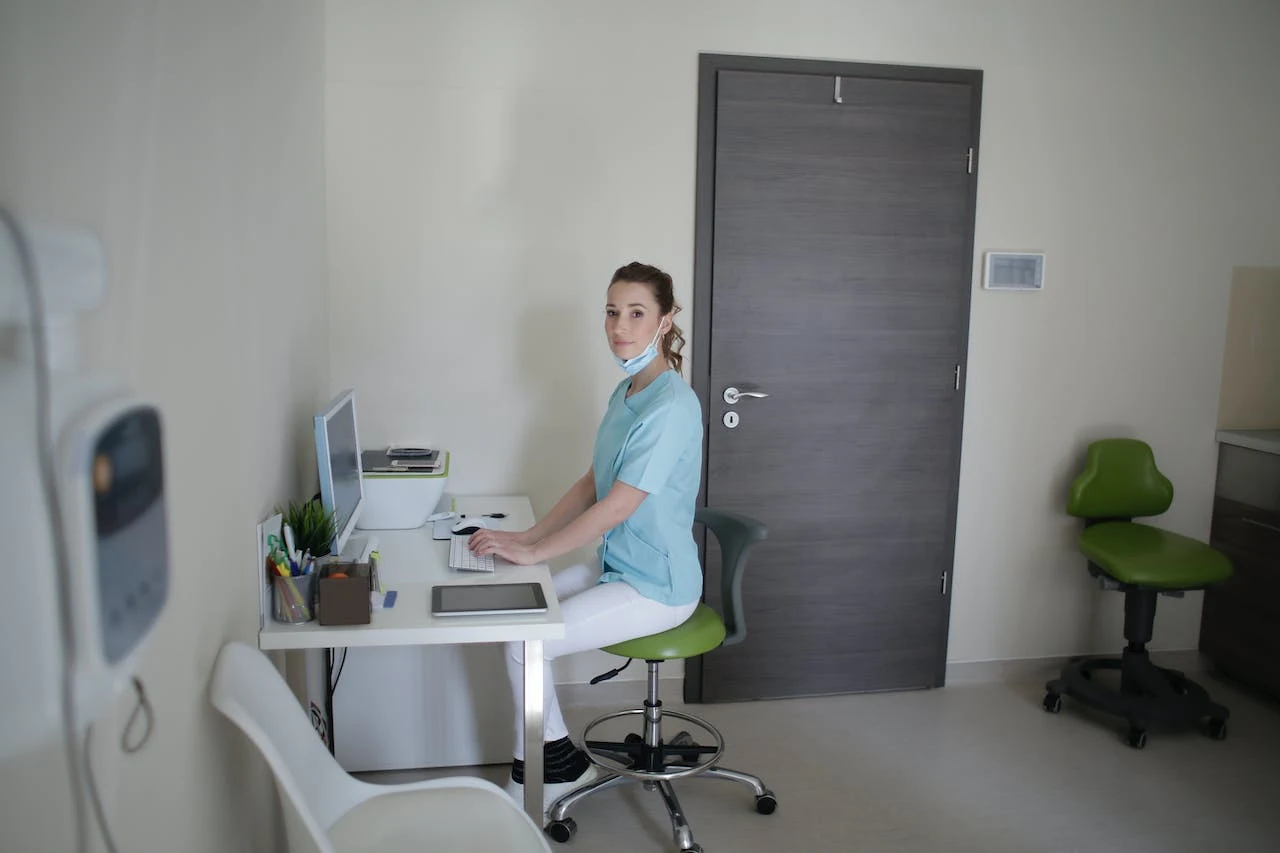
Discovering
the intricacies of AI-powered Medical SOAP Notes offers a fascinating glimpse
into the future of healthcare documentation. In this exploration, we delve into
the role of Artificial Intelligence in revolutionizing the way medical
professionals record and analyze patient information. From streamlining the
documentation process to enhancing accuracy in diagnosis and treatment
planning, AI-driven SOAP notes represent a significant advancement in modern
medicine.
What are SOAP Notes?
In the medical industry, SOAP notes are crucial records because they offer a systematic method for recording patient data. Subjective, Objective, Assessment, and Plan are the acronym's constituent words, and they each stand for an essential component of the patient interaction. Subjective encompasses the patient's reported symptoms and experiences, while Objective involves measurable data such as vital signs and test results.
The Plan describes the
suggested course of treatment or management approach, while the Assessment
comprises the healthcare provider's diagnosis or impression based on the
information gathered. Together, these components create a comprehensive
snapshot of the patient's condition and the recommended course of action for
healthcare providers to follow.
The Role of AI in SOAP Notes
By analyzing enormous volumes of data, artificial intelligence (AI) significantly improves the effectiveness and accuracy of medical documentation. In the context of SOAP notes, AI algorithms assist healthcare professionals in analyzing patient information and generating structured documentation.
Healthcare practitioners
can increase patient care quality and expedite the documentation process by
utilizing AI technology. AI, for example, can assist in finding patterns in
patient data, resulting in more precise diagnosis and treatment regimens. These
advancements in AI-powered SOAP notes contribute to more efficient and
effective healthcare delivery, as demonstrated by real-world SOAP note examples.
Benefits of AI in Medical SOAP Notes
The integration of Artificial Intelligence (AI) in medical SOAP notes offers several notable benefits -
- AI streamlines the documentation process by automatically extracting and organizing relevant patient information, reducing the time and effort required by healthcare professionals.
- By evaluating data from multiple sources, including electronic health records and diagnostic testing, AI algorithms improve the accuracy of SOAP notes by producing thorough and accurate documentation. This improved accuracy contributes to better-informed clinical decision-making, leading to more effective patient care and outcomes.
- AI-powered SOAP notes make it easier to spot trends and patterns in patient data, which helps medical professionals customize treatment regimens to meet the needs of each patient.
Problems and Restrictions
Since AI algorithms need access to sensitive medical data, protecting the privacy and security of patient data is one of the main issues. Additionally, AI systems may encounter limitations in accurately interpreting certain types of data or nuances in patient information, leading to potential errors or misinterpretations. Moreover, the ongoing maintenance and validation of AI algorithms are essential to ensure their continued accuracy and relevance in clinical practice.
The application of AI technology and human skills must be
balanced since AI should support clinical judgment made by healthcare
practitioners rather than take its place. To optimize the potential advantages
of AI in medical SOAP notes while minimizing potential hazards, it is
imperative to address these obstacles and constraints.
Future Trends and Developments
Looking ahead, the future of Artificial Intelligence (AI) in medical SOAP notes holds promising advancements and developments. AI-powered SOAP note production will become more accurate and efficient as long as machine learning and natural language processing (NLP) continue to advance. Additionally, the integration of AI with electronic health record (EHR) systems will further streamline the documentation process and improve interoperability between healthcare systems.
Moreover, ongoing research and innovation in AI technology will likely lead to
the development of more sophisticated algorithms capable of analyzing complex
medical data and providing personalized insights for patient care. As these
trends continue to evolve, AI will play an increasingly integral role in
enhancing the quality and effectiveness of medical documentation and healthcare
delivery.
Conclusion
By harnessing the capabilities of Artificial Intelligence, healthcare professionals can streamline processes, improve accuracy, and ultimately enhance patient care. As AI continues to advance, its integration into SOAP note generation holds promise for revolutionizing the way medical information is recorded, analyzed, and utilized.
Embracing these innovations opens doors to more efficient clinical decision-making and personalized treatment strategies, ultimately shaping a brighter future for healthcare delivery.


If you have any doubt related this post, let me know